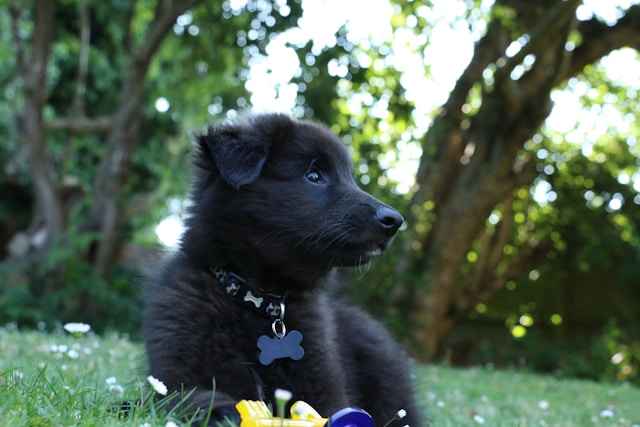Shutterstock
Chow Chows are one of the most distinctive and ancient dog breeds in the world, instantly recognizable by their fluffy double coats and unique blue-black tongues. Despite their teddy bear-like appearance, these dogs are known for their dignified, aloof personalities and their loyal, protective nature. If you think you know everything about this impressive breed, think again! Here are nine fascinating facts about Chow Chows that are sure to surprise you.
The Blue-Black Tongue: A Rare Trait
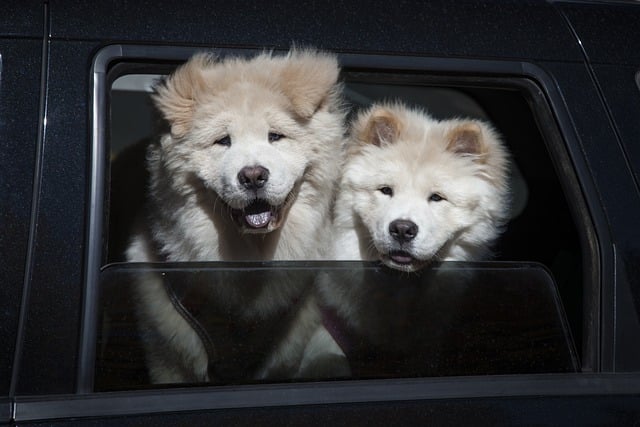 Shutterstock
Shutterstock
One of the most famous features of a Chow Chow is its blue-black tongue. While most dogs have pink tongues, the Chow’s tongue is uniquely pigmented. This unusual coloration begins to appear as early as a few weeks after birth, and it’s a trait that sets them apart from almost all other breeds, except for the Chinese Shar-Pei.
Ancient Origins: Over 2,000 Years Old
 Shutterstock
Shutterstock
Chow Chows are an ancient breed with roots tracing back over 2,000 years to northern China. Evidence of their existence has been found in artifacts and sculptures from the Han Dynasty. They were originally bred for a variety of tasks, including guarding temples, hunting, and pulling sleds, making them versatile and hardworking companions.
Royal Companions: The Favorite of Chinese Emperors
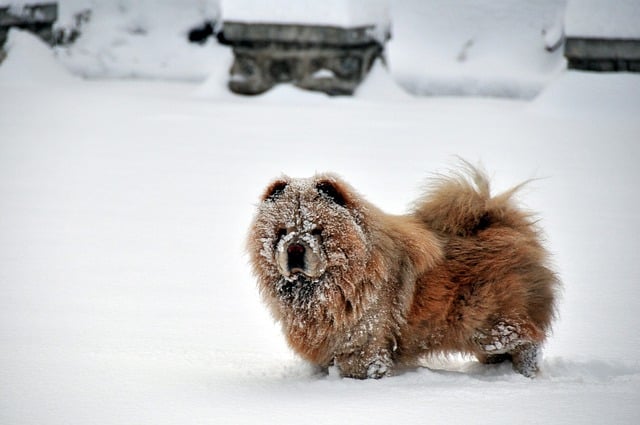 Shutterstock
Shutterstock
Chow Chows were so revered in ancient China that they were often kept by emperors. It’s said that one emperor in the Tang Dynasty owned 5,000 Chows and employed 10,000 handlers to care for them. Their noble history has earned them the nickname “Songshi Quan,” which translates to “puffy-lion dog.”
A Unique Gait: Stiff, Stilted Walk
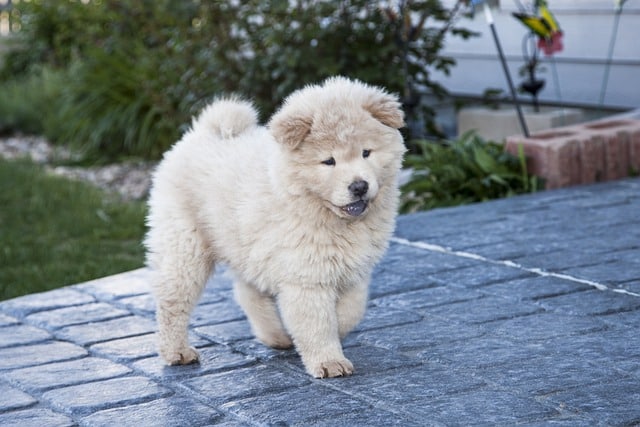 Shutterstock
Shutterstock
If you ever see a Chow Chow walking, you might notice their unusual, stilted gait. This is due to their straight hind legs, which give them a distinctive, almost bouncy stride. This unique movement might look a bit rigid, but it adds to their dignified, majestic appearance.
More Cat-Like Than Canine
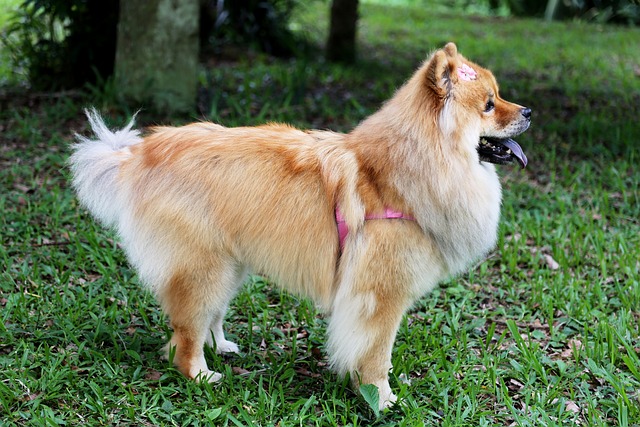 Shutterstock
Shutterstock
Chow Chows are often compared to cats because of their independent and aloof nature. Unlike most dogs, they are not overly eager to please and may take their time warming up to strangers. They also have a fastidious grooming habit, licking their paws and face in a cat-like manner to keep themselves clean.
They Were Once Hunting Dogs
 Shutterstock
Shutterstock
While their fluffy coats might make them look like cuddle companions, Chow Chows were originally used as hunting and working dogs. They were valued for their strength and endurance, and they even assisted hunters by flushing out game and retrieving waterfowl. Their powerful build and strong jaws made them formidable hunting partners.
Double Coats Require Serious Grooming
 Shutterstock
Shutterstock
A Chow Chow’s luxurious double coat is one of their standout features, but it also requires a lot of maintenance. The thick, dense fur sheds heavily twice a year and needs regular grooming to prevent matting. Despite the work involved, many Chow owners find the time spent brushing their dogs to be a rewarding bonding experience.
Blue-Black Lips and Gums, Too
 Shutterstock
Shutterstock
In addition to their blue-black tongues, Chow Chows have similarly pigmented lips and gums. This trait is thought to have some evolutionary significance, possibly serving as protection from sun exposure. However, if a Chow’s lips or gums aren’t this dark color, it’s generally considered a disqualification in the show ring.
The Great Debate: Chow Chow vs. Panda
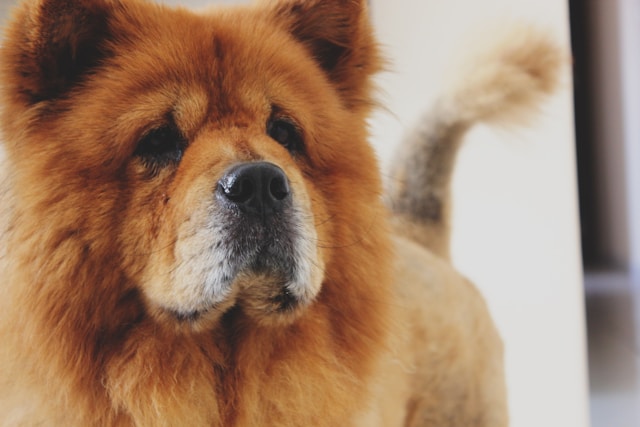 Shutterstock
Shutterstock
Due to their resemblance to pandas, some Chow Chows have been famously groomed and dyed to look like the beloved bears. In China, it’s not uncommon to find “Panda Chows” at festivals and pet cafes. However, it’s important to note that this practice should always be done safely and humanely, with the dog’s well-being in mind.
Chow-Down on Chow Knowledge!
 Shutterstock
Shutterstock
Whether you’re already a proud Chow Chow owner or just a dog enthusiast, there’s no denying the charm and allure of this fascinating breed. From their ancient origins to their one-of-a-kind appearance, Chow Chows are full of surprises. These majestic dogs may be independent, but they’re incredibly devoted to those they trust—and with their rich history and quirky traits, they’re bound to keep amazing us for generations to come!









